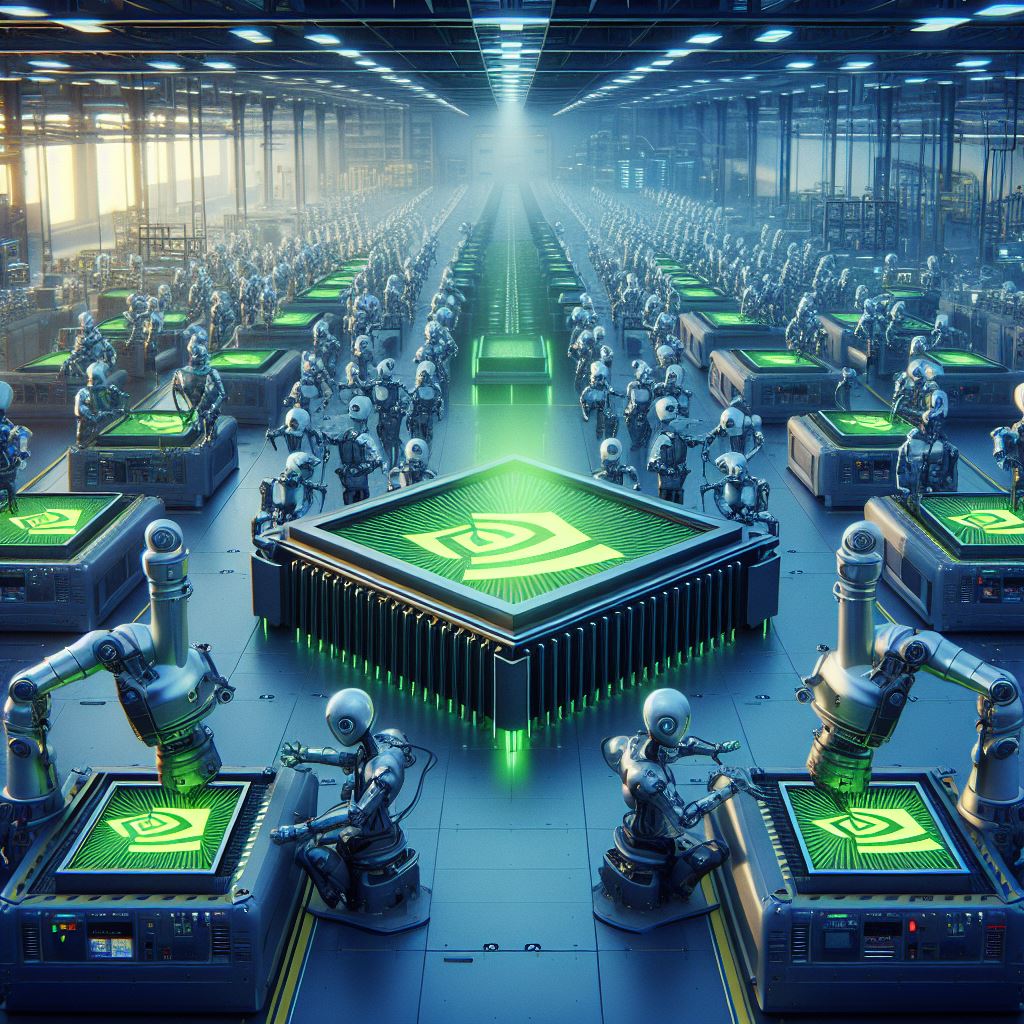
BEIJING/SINGAPORE (Reuters) - Nvidia, the U.S. chipmaker, is set to initiate mass production of its H20 artificial intelligence (AI) chip in the second quarter of 2024. The chip is specifically designed for the Chinese market, adhering to U.S. export regulations, as reported by two anonymous sources on Monday.
The H20 chip, the most potent among three chips developed by Nvidia for China, aims to meet the restrictions imposed in October. Originally slated for launch in November, the plan faced delays attributed to integration challenges with server manufacturers.
Initial production volumes will be limited, with Nvidia focusing on fulfilling orders for major customers. The chipmaker has not officially commented on this development.
Chinese companies reportedly exhibit hesitancy in adopting the downgraded H20, exploring domestic alternatives amid concerns that the U.S. might tighten restrictions further. Baidu, a leading search engine, reportedly shifted towards Huawei Technologies for AI chips, steering away from Nvidia.
In addition to the H20, Nvidia has plans for two other chips, the L20 and L2, complying with the new restrictions. However, the sale of these chips has not been officially announced.
In late December, Nvidia introduced a modified version of an advanced gaming chip, tailored to comply with the updated regulations. This move is strategic, as U.S. export restrictions had previously barred Nvidia from shipping products, including the advanced A800 and H800 AI chips.
The A800 and H800 were introduced as alternatives for Chinese customers in November 2022, a month after the U.S. initially restricted exports of advanced microchips and equipment to China.
Analyzing the specifications, SemiAnalysis notes that the H20, L20, and L2 chips incorporate Nvidia's latest AI features but with reduced computing power to adhere to the new rules.
Nvidia's pursuit of these chips underscores its strategic efforts to maintain market share in China amidst evolving regulatory landscapes and export restrictions.